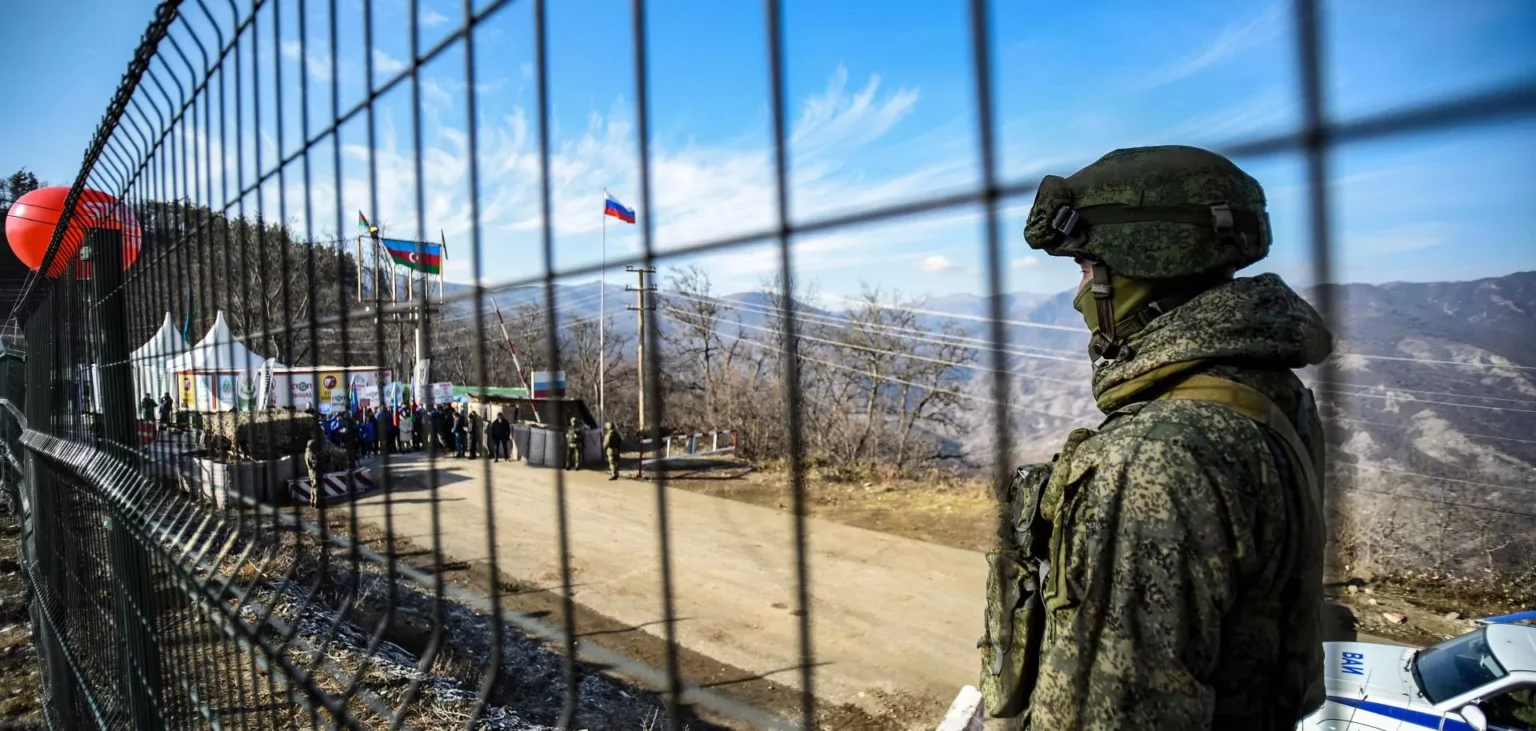On Tuesday, Azerbaijan and Armenia said troops from both sides died in a shootout along their shared border, the latest escalation between the arch-rivals locked in a decades-long territorial conflict.
The two nations have battled two wars over Azerbaijan’s Armenian-majority region of Nagorno-Karabakh and the latest hostilities ended in 2020 with a Russian-brokered ceasefire.
Armenian army positions deployed near the settlement of Dyg (at the two countries’ shared border) opened heavy fire at Azerbaijani army positions.”
the defense ministry in Baku said in a statement
He added that Azerbaijani troops have returned fire. There are dead and wounded among Azerbaijani troops,” the statement said, without specifying the number of casualties.
The Armenian defense ministry also reported an unspecified number of casualties, blaming Baku for initiating the shootout.
At 16:00 (1200 GMT) on Tuesday, Azerbaijani armed forces opened fire in the direction of Armenian servicemen who were conducting engineering works near the border, the ministry said.
According to preliminary information, there are dead and wounded on the Armenian side.
Under a Russian-mediated ceasefire agreement in the autumn of 2020, Armenia ceded swathes of territory it had controlled for decades, and Moscow deployed peacekeepers to oversee the fragile truce.
Armenian Prime Minister Nikol Pashinyan and Azerbaijani President Ilham Aliyev have held several rounds of peace talks mediated by the European Union and the United States.
Last month, Pashinyan noted some progress in the peace process, but said fundamental problems remain because Azerbaijan is trying to put forward territorial claims, which is a red line to Armenia.
In February, the European Union deployed an expanded monitoring mission to the Armenian side of the border as Western engagement grows in a region that is traditionally the Kremlin’s sphere of influence.
When the Soviet Union collapsed in 1991, ethnic Armenian separatists in Karabakh broke away from Azerbaijan. The ensuing conflict claimed some 30,000 lives.




